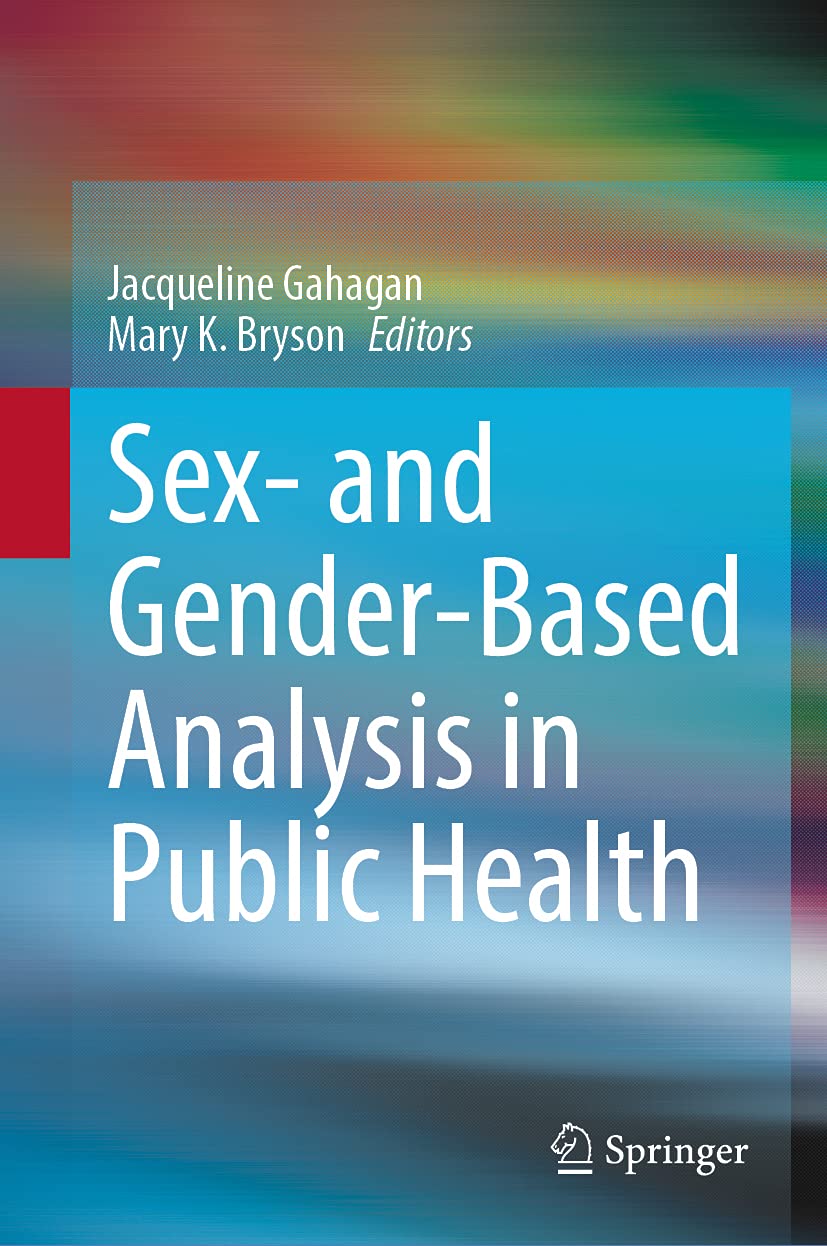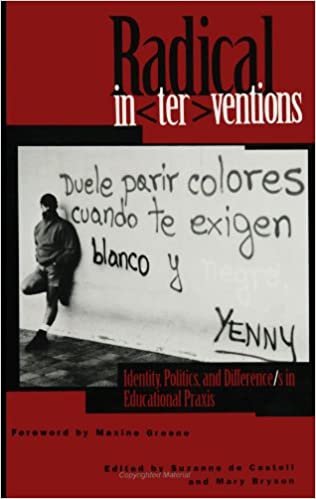
Dr. Mary Bryson
Professor
Co-Director of the Public Humanities Hub
Critical literacies/pedagogies
Decolonizing pedagogies and knowledges
Digital literacies
Gender/sexuality/queer inclusion
Identity
Online pedagogies
Place-based literacies
Race and antiracism
Storytelling & Narrative Inquiry
Biography
Dr. Mary K. Bryson is Professor, Department of Language and Literacy Education, Faculty of Education, University of British Columbia (ubc.academia.edu/MaryKBryson). Dr. Bryson is the author of multiple publications concerning the social, cultural and educational significance of networked media technologies and publics that make significant contributions to theoretical accounts of gendered and sexual marginality, knowledge mobilization and resilience. Dr. Bryson chaired the UBC Vice-Presidential Trans, Two-Spirit and Gender Diversity Task Force and is a member of the World Professional Association for Transgender Health (WPATH) Global Education Initiative. They are the recipient of multiple awards for their interdisciplinary scholarship, including the American Educational Research Association Significant Body of Research award (2013), a Senior Fellowship (2011) at Stanford University’s Clayman Institute for Gender Research, and in 2000, the Canadian Women in the Spotlight, Wired Women Pioneer in New Media award. Their CIHR-funded Cancer’s Margins project is the first nation-wide Canadian research study designed to advance our understanding of how sexuality and gender shape breast and gynecologic cancer health knowledge access, and its mobilization in health and treatment decision-making and implications for the design of care that is both medically and culturally competent.
Selected Publications
Books


Scholarly Journals
Bryson, M., & Stacey, J. (2013). Cancer knowledge in the plural: Queering the biopolitics of narrative and affective mobilities. Journal of the Medical Humanities. 34(1), 197-212.
Hermida, A., & Bryson, M. (2010). Complexities of networked media within the transitive spheres of globalization. New Media & Society. 12, 855-861.
Bryson, M., & MacIntosh, L.(2010). Can we play ‘Fun Gay’?: Disjuncture and difference, and the precarious mobilities of millennial queer youth narratives. International Journal of Qualitative Studies in Education. 23(1), 101-124.
MacIntosh, L. & Bryson, M. (2008). Youth, MySpace, and the interstitial spaces of becoming and belonging.Journal of LGBT Youth: The Interdisciplinary Quarterly of Research, Policy, Practice, and Theory. 5(1), 133-145.
Bryson, M. (2006). New media and sexual subcultures: Critical perspectives on research problematics, possibilities, and practices. Journal of Gay and Lesbian Issues in Education, 3(4), 109-118.
Bryson, M., MacIntosh, L., Jordan, S., & Lin, H.L. (2006). Virtually queer?:Homing devices, mobility, and un/belongings. Canadian Journal of Communication, 31(3), 791-815.
Bryson, M. (2005). Virtually queer: Conjuring the quotidian. Journal of Gay and Lesbian Issues in Education, 2(4), 83-92.
Bryson, M. (2004). When Jill jacks in: Queer women and the Net. Feminist Media Studies. 4(3), 239-254.
Bryson, M., Petrina, S., Braundy, M., & de Castell, S. (2003). “Conditions for Success”?” Sex-disaggregated analysis of performance and participation indicators in technology-intensive courses in B.C. secondary schools. Canadian Journal of Science, Mathematics and Technology. 3(2), 185-194.
Jenson, J., de Castell, S., & Bryson, M. (2003). “Girl Talk”: Gender, equity, and identity discourses in a school-based computer culture.Women’s Studies International Forum. 26(6), 561-573.
Faber, S., de Castell, & Bryson, M. (2003). Renal failure: towards a sociocultural investigation of an illness. Mind, Culture and Activity. 10(2), 143-167.
Bryson, M. (2002). Me/no lesbian: The trouble with “troubling lesbian identities”. International Journal of Qualitative Studies in Education, 15(3), 373-380.
de Castell, S., Bryson, M., & Jenson, J. (2002).Object lessons: Towards an educational theory of technology. First Monday, 7(1), Available at: http://www.firstmonday.org/issues/issue7_1/castell/index.html
Bryson, M., de Castell, S., & Kobayashi, M. (2001). Essay Review: Children’s engagement in the world: A sociocultural perspective (A. Goncu). Mind, Culture and Activity, 8(4), 310-320.
Thompson, S., Bryson, M., & de Castell, S. (2001). Prospects for identity formation of lesbian, gay, or bisexual persons with developmental disabilities. International Journal of Disability Development and Education. 48(1), 53-65.
Bryson, M. & de Castell, S. (1998). New technologies, gender, and the cultural ecology of primary schooling: Imagining teachers as Luddites in/deed. Educational Policy, 12(5), 542-567.
Bryson, M. & Scardamalia, M. (1996). Fostering reflectivity in the argumentive thinking of students with different learning histories. Reading and Writing Quarterly, 12(4), 351-384.
Bryson, M. & de Castell, S. (1996). Learning to make a difference: Gender, new technologies, and in/equity. Mind, Culture and Activity,2(1), 3-21.
Lonka, K., Joram, E. & Bryson, M. (1996). Conceptions of learning and knowledge. Contemporary Educational Psychology, 21, 240-260.
Bryson, M. & de Castell, S. (1995). A chip on her shoulder?: New technologies, gender and in/equity. Women’s Education, 11(3), 15-23.
Bryson, M., & de Castell, S. (1994). Telling tales out of school: Modernist, critical, and postmodern “true stories” about educational technologies. Journal of Educational Computing Research, 10(3), 199-221.
Bryson, M., & de Castell, S. (1993). Queer pedagogy: Praxis makes im/perfect. Canadian Journal of Education, 18(2), 285-305.
Bryson, M. (1993). School-based epistemologies?: Exploring conceptions of what, how and why students know. Learning Disability Quarterly, 16(4), 299-315.
Bryson, M., & de Castell, S. (1993). En/Gendering equity. Educational Theory, 43(4), 341-355.
Joram, E. Woodruff, E., Bryson, M., & Lindsay, P. (1992). The effects of revising with a word processor on written composition. Research in the Teaching of English, 26(2), 167-192.
Joram, E., Lindsay, P., Bryson, M., & Woodruff, E. (1990). Students’ editing skills and attitudes towards word processing. Computers and Composition: An International Journal 7(3), 55-72.
Shafrir, U., Ogilvie, M., & Bryson, M. (1990). Attention to errors andlearning: Across-task and across-domain analysis of the post failure reflectivity measure. Cognitive Development, 5, 405-425.
Bryson, M. (1987). Towards a cognitively-based analysis of the processes and products of reading disabled student-writers. The Pointer,32(1), 24-28.